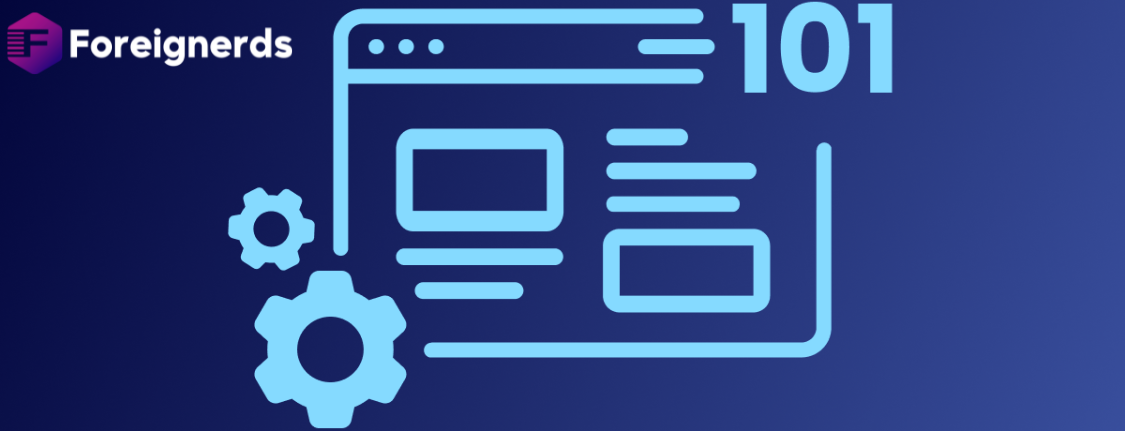- Home
- Design and Development
- PHP vs Java: The Ideal Programming...

In the ever-evolving landscape of online business, your web application serves as the face of your brand and values. A poorly performing web application can significantly impact your brand’s reputation and market position. With the increasing importance of web applications in 2023, many product owners face the challenge of choosing the right programming language for their development needs, especially if they lack technical expertise. In this comprehensive blog post, we will delve into the comparison of two highly promising programming languages, PHP vs Java, across various parameters. Our goal is to equip you with the information you need to make an informed decision for your upcoming web application development project.
The perennial question of “PHP vs Java: which is better?” often arises. PHP is a widely used open-source server-side scripting language that empowers businesses to create web-based software applications and graphical user interfaces (GUIs). In contrast, Java is a popular object-oriented programming language with applications spanning Android development, web development, AI, and cloud computing.
Both PHP and Java have a long-standing presence in the web application development landscape, each possessing distinct features that set them apart. Therefore, comparing Java vs PHP across various parameters and understanding their respective target audiences will assist you in selecting the ideal programming language that aligns with your project’s needs and requirements.
Both PHP and Java have come a long way since their inception, and they are now prevalent in the web application development field for building dynamic applications. Let’s delve into the features of each language to gain a deeper understanding and facilitate the comparison:
Java and PHP share several similarities that distinguish them from other programming languages, enhancing their suitability for web development. Here are some key similarities between the two languages:
To make an informed decision for your next project, it’s crucial to understand the differences between Java and PHP in detail. Let’s compare the two programming languages and their features side-by-side:
| Feature | Java | PHP |
|---|---|---|
| Paradigm | Object-oriented, imperative, functional | Object-oriented, procedural, functional |
| Language Type | Compiled | Interpreted |
| Syntax | Less Concise | More Concise |
| Performance | Faster due to JIT compilation | Comparatively Slower due to interpreted nature |
| Memory Management | Automatic Garbage Collection | Manual Memory Management |
| Code Compilation | Compiled code executed by the JVM | Interpreted code executed by a PHP interpreter |
| Exception Handling | Checked exceptions must be caught or declared | Exceptions can be caught, but not required |
| Concurrency | Multithreading and Parallel processing Support | Supports multithreading but not parallel processing |
| Type System | Strongly-typed | Weakly-typed |
| Standard Libraries | Rich and Extensive | Basic and Limited |
| Mobile Development | Commonly used for mobile app development | Not commonly used for mobile app development |
| Web Application Development | Mainly used for enterprise-level applications | Primarily used for small to medium-sized applications |
| Database Connectivity | JDBC for connecting to databases | PDO, MySQLi, and other extensions |
| Popular Frameworks | Spring, Hibernate, Struts, Apache Maven | Laravel, Symfony, CodeIgniter, Composer |
| Memory Usage | More memory-intensive | Less memory-intensive |
| Learning Curve | The steep learning curve for beginners | Relatively easy to learn for beginners |
| Licensing | Mostly open-source with some proprietary options | Mostly open-source with no proprietary options |
| Community Support | Large and Active | Large and Active |
In the realm of web development, choosing the right programming language is pivotal for achieving optimal performance, security, and scalability. The PHP vs Java comparison involves assessing their unique strengths and weaknesses. While PHP is lauded for its user-friendly nature and rapid development, Java is favored by enterprise-level organizations for its robustness and security. Let’s delve deeper into this detailed comparison:
Java and PHP diverge significantly in terms of syntax. Java is statically typed, necessitating variable declarations with specific data types, while PHP is dynamically typed, allowing more flexibility in variable declaration. Java mandates semicolons at the end of each statement, whereas PHP does not. These syntax differences can impact the ease of programming in each language, potentially requiring more effort in variable declarations and semicolon placement in Java.
Both Java and PHP enjoy high esteem among developers and businesses. In the May 2023 TIOBE index, Java ranks at #2, while PHP stands at #8. Although Java boasts a higher popularity ranking, PHP sees more frequent practical usage.
Google Trends data indicates a consistent level of popularity for both languages, with recent trends leaning toward Java among business and product owners. However, W3Techs data reveals that PHP maintains a substantial presence, powering approximately 77.5% of websites, compared to J
© 2013 - 2024 Foreignerds. All Rights Reserved